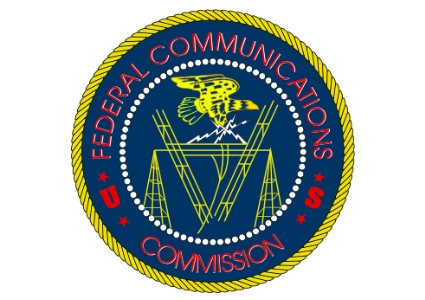Polling

Suggest an important issue not listed in this sub-category (). (Maximum 60 Characters)
Fairness doctrine

From 1949 to 1987, the FCC required television and radio broadcasters to present both sides of any political or social issue. This policy came to be known as the Fairness Doctrine. It required the holders of broadcast licenses to present controversial issues of public importance, and to do so in a manner that was honest, equitable and balanced – as determined by the FCC. The Reagan-era FCC eliminated this rule and neither party ever reinstated it. Combined with the 2017 FCC decision loosen ownership restrictions on broadcast stations, not only can stations now present only one side of an issue, that one side is replicated nationwide by all the stations owned by a media conglomerate.
Supporters say the Fairness Doctrine resulted in more balanced and impartial broadcast stations, and that eliminating it led to the rise of polarized media outlets which has, in turn, led to a far more polarized and divided nation and electorate. Supporters say the doctrine allowed for a more robust public debate and affected positive political change as a result - rather than allowing only those with the loudest voices or deepest pockets to win. Some advocates claim that women’s rights, the health effects of smoking, and the safety of nuclear power plants would not have come to public attention had the Fairness Doctrine not been in effect.
Opponents of the Fairness Doctrine claim it violates the First Amendment’s right to free speech by forcing media outlets to comment on both sides of an issue, including the side a station’s ownership may disagree with. They also claim that currently, the FCC has no role in regulating news content and should not take-on the role of a watchdog - trying to ensure our news is being covered properly.
Proposed Legislation: Reintroduction of H.R.4401 - Restore the Fairness Doctrine Act of 2019
Prospective Sponsor: Rep. James Clyburn (SC)
Supporters say the Fairness Doctrine resulted in more balanced and impartial broadcast stations, and that eliminating it led to the rise of polarized media outlets which has, in turn, led to a far more polarized and divided nation and electorate. Supporters say the doctrine allowed for a more robust public debate and affected positive political change as a result - rather than allowing only those with the loudest voices or deepest pockets to win. Some advocates claim that women’s rights, the health effects of smoking, and the safety of nuclear power plants would not have come to public attention had the Fairness Doctrine not been in effect.
Opponents of the Fairness Doctrine claim it violates the First Amendment’s right to free speech by forcing media outlets to comment on both sides of an issue, including the side a station’s ownership may disagree with. They also claim that currently, the FCC has no role in regulating news content and should not take-on the role of a watchdog - trying to ensure our news is being covered properly.
Proposed Legislation: Reintroduction of H.R.4401 - Restore the Fairness Doctrine Act of 2019
Prospective Sponsor: Rep. James Clyburn (SC)
Poll Opening Date
December 23, 2024
Poll Closing Date
December 29, 2024
Democracy Rules respects the privacy of your information.
See PRIVACY STATEMENT
See PRIVACY STATEMENT